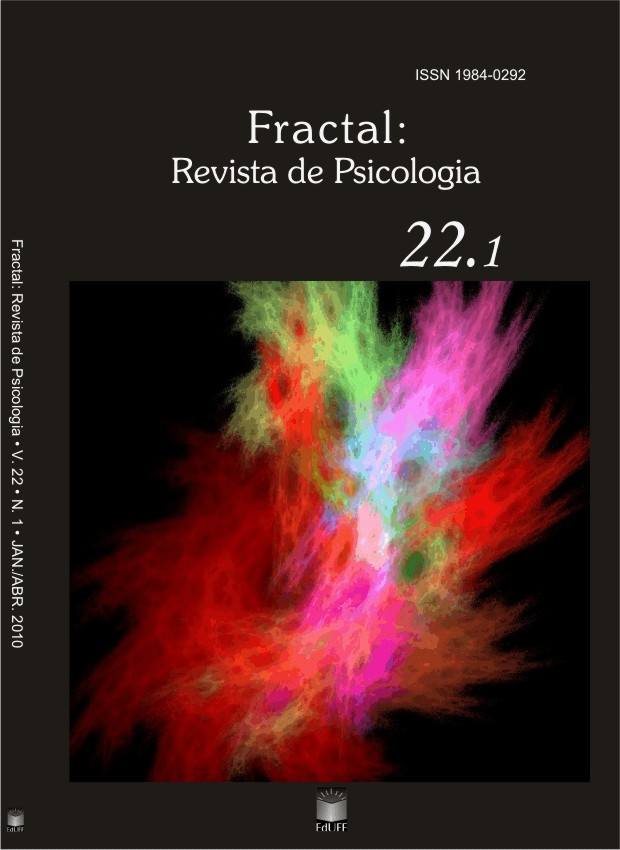Por uma estética tátil: sobre a adaptação de obras de artes plásticas para deficientes visuais
Palavras-chave:
Deficiência Visual, Percepção Tátil, Experiência Estética, Artes PlásticasResumo
Neste artigo, propomos uma análise crítica de três das estratégias mais comuns de se fornecer acesso às artes plásticas para deficientes visuais: adaptação das obras pela via do alto-relevo, uso representacional de texturas e disponibilização de esculturas para o toque. A discussão é feita em torno de dois eixos: questionamos a adequação destas peças oferecidas à modalidade tátil, de um lado, e sua capacidade de evocar experiências estéticas, de outro. Para tanto, lançamos mão de estudos de psicologia cognitiva sobre percepção tátil. Nossa análise revela que as “versões táteis” geralmente oferecidas aos deficientes visuais nada possuem de tátil. Na esfera estética como na recognitiva, tais adaptações, desconhecendo as propriedades cognitivas e a dimensão expressiva do tato, acabam por reproduzir padrões visuais. Propomos, ao final, que o problema de se fornecer acesso às artes plásticas visuais deve ser recolocado em termos da invenção de uma estética verdadeiramente tátil.
Downloads
Downloads
Publicado
Edição
Seção
Licença
Autores que publicam nesta revista concordam com os seguintes termos:
- Autores mantém os direitos autorais e concedem à revista o direito de primeira publicação, com o trabalho simultaneamente licenciado sob a Creative Commons Attribution License que permitindo o compartilhamento do trabalho com reconhecimento da autoria do trabalho e publicação inicial nesta revista.
- Autores têm autorização para assumir contratos adicionais separadamente, para distribuição não-exclusiva da versão do trabalho publicada nesta revista (ex.: publicar em repositório institucional ou como capítulo de livro), com reconhecimento de autoria e publicação inicial nesta revista.

This work is licensed under a Creative Commons Attribution 4.0 International License.

Na medida do possível segundo a lei, a Fractal: Revista de Psicologia renunciou a todos os direitos autorais e direitos conexos às Listas de referência em artigos de pesquisa. Este trabalho é publicado em: Brasil.
To the extent possible under law, Fractal: Revista de Psicologia has waived all copyright and related or neighboring rights to Reference lists in research articles. This work is published from: Brasil.



